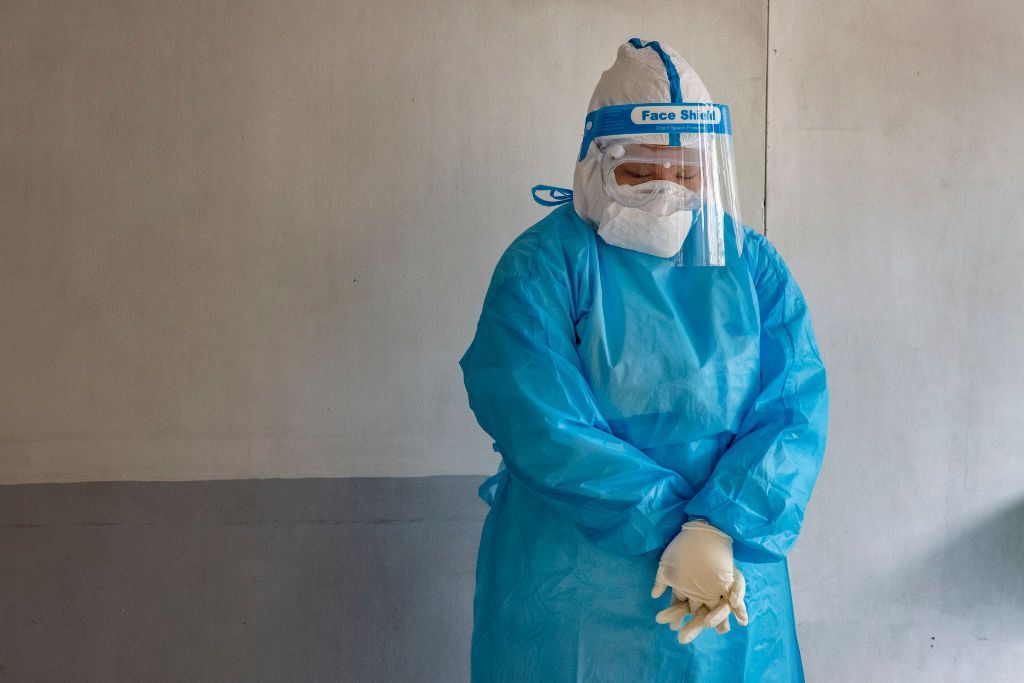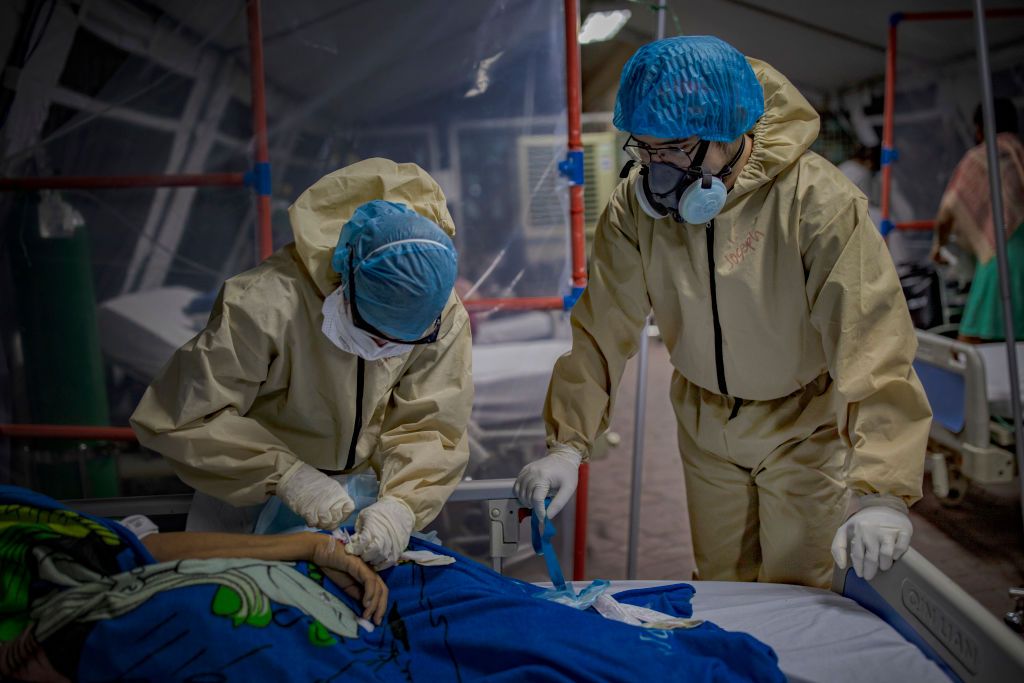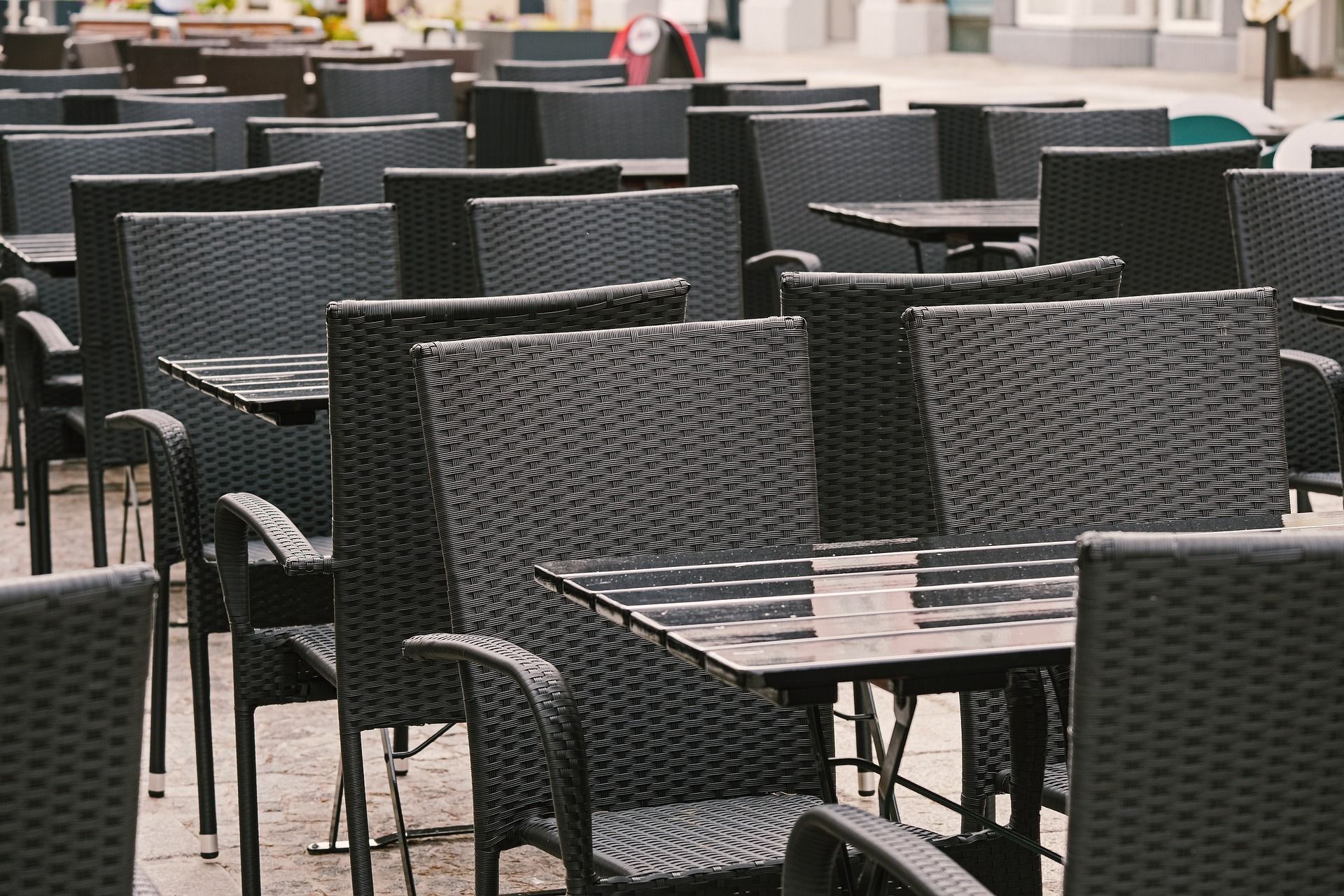We reach out to several individuals in the medical and business fields to get an idea as to how lockdowns are perceived and affecting us today
Many things have changed since the National Capital Region was placed under lockdown on 15 March. On 1 June, things eased up under General Community Quarantine (GCQ) which saw the return of dining-in, the majority of the workforce, retail shops, and more. Now that we’re back under Modified Enhanced Community Quarantine (MECQ) — due to the continued rise of COVID-19 cases (137,000+ as of writing) — we talk to several friends to get their take on how things are unfolding.

The return to MECQ sprung from a call-to-action from medical professionals across the country. In the hopes of recalibrating the current strategy against the virus, health workers sought the aid of President Duterte himself, who heeded their plea declaring Metro Manila, Laguna, Cavite, Rizal, and Bulacan under MECQ from 04 to 18 August.
We reached out to Dr Jan Borbe, a resident at the Philippine General Hospital (PGH) and 2019 medical boards top-notcher. He notes of the recent declaration, “At this point, our healthcare system is at a stone’s throw away from collapsing. If we don’t do something to stop the rapid increase in numbers, we might not be able to hold this any further. I agree that we need stricter quarantine measures to decrease the transmission of the virus. But then again, we shouldn’t look at this as the sole solution to the problem. Having a lockdown without a plan is pretty much useless; we would [go] back to square one after the lockdown. This is only a temporary measure to give us time to think of a new strategy similar to a timeout in a basketball game.”



